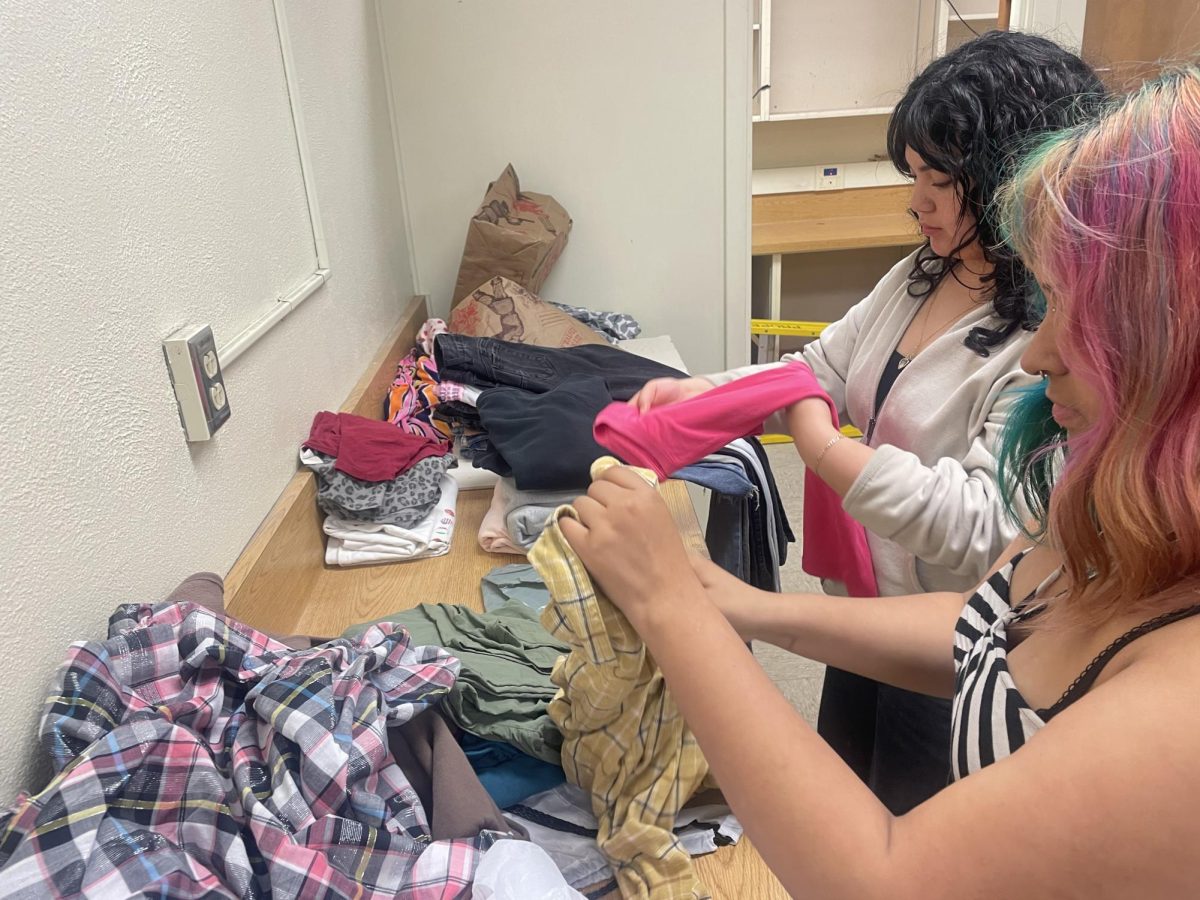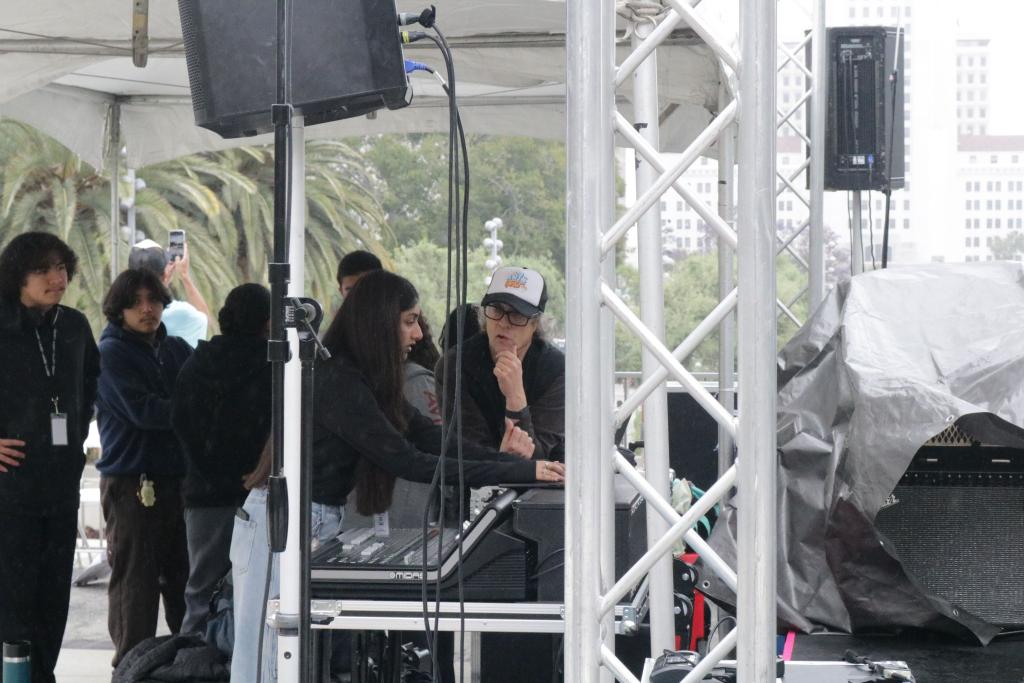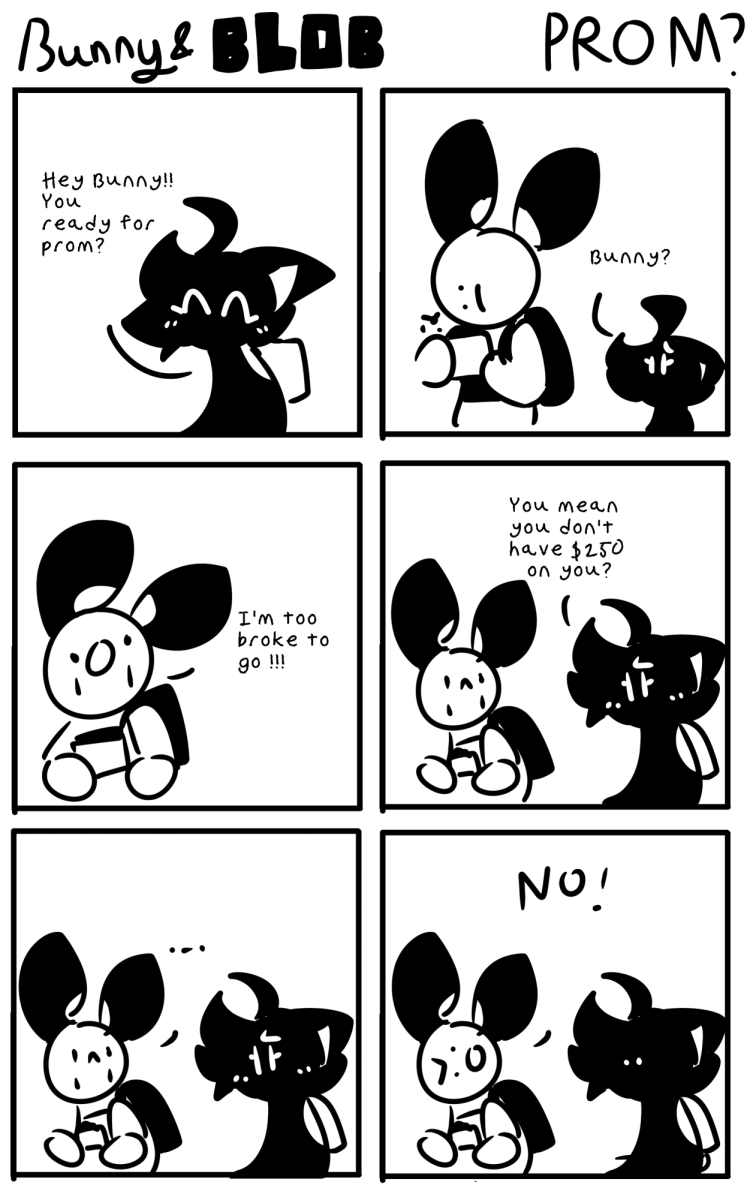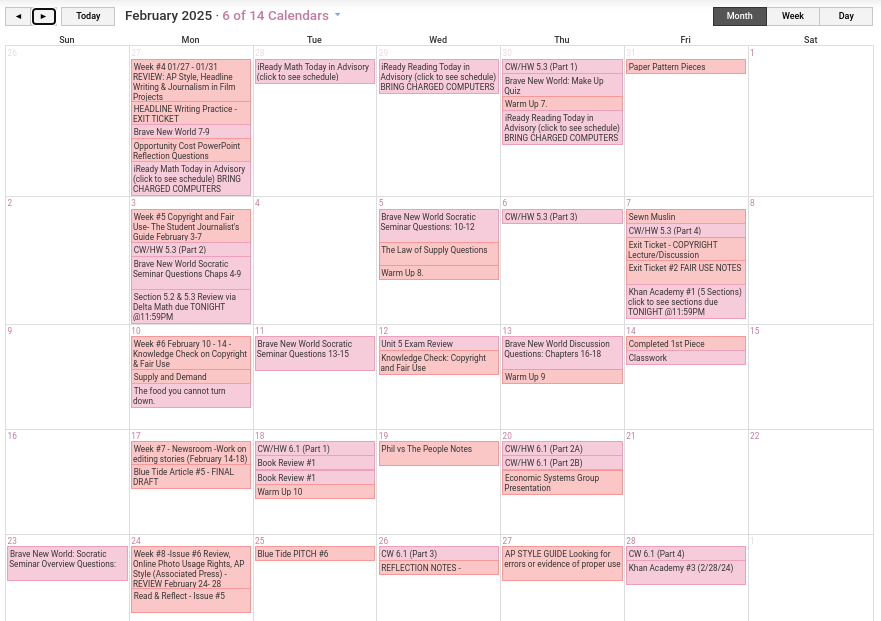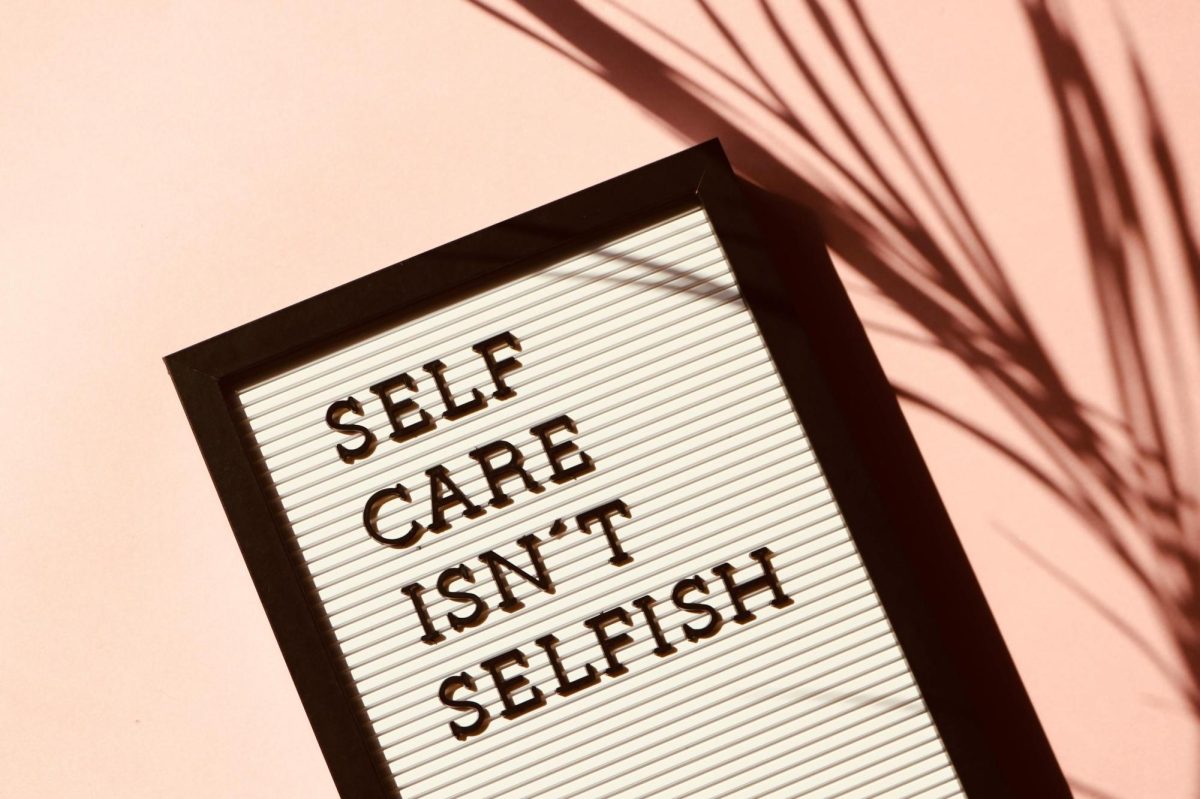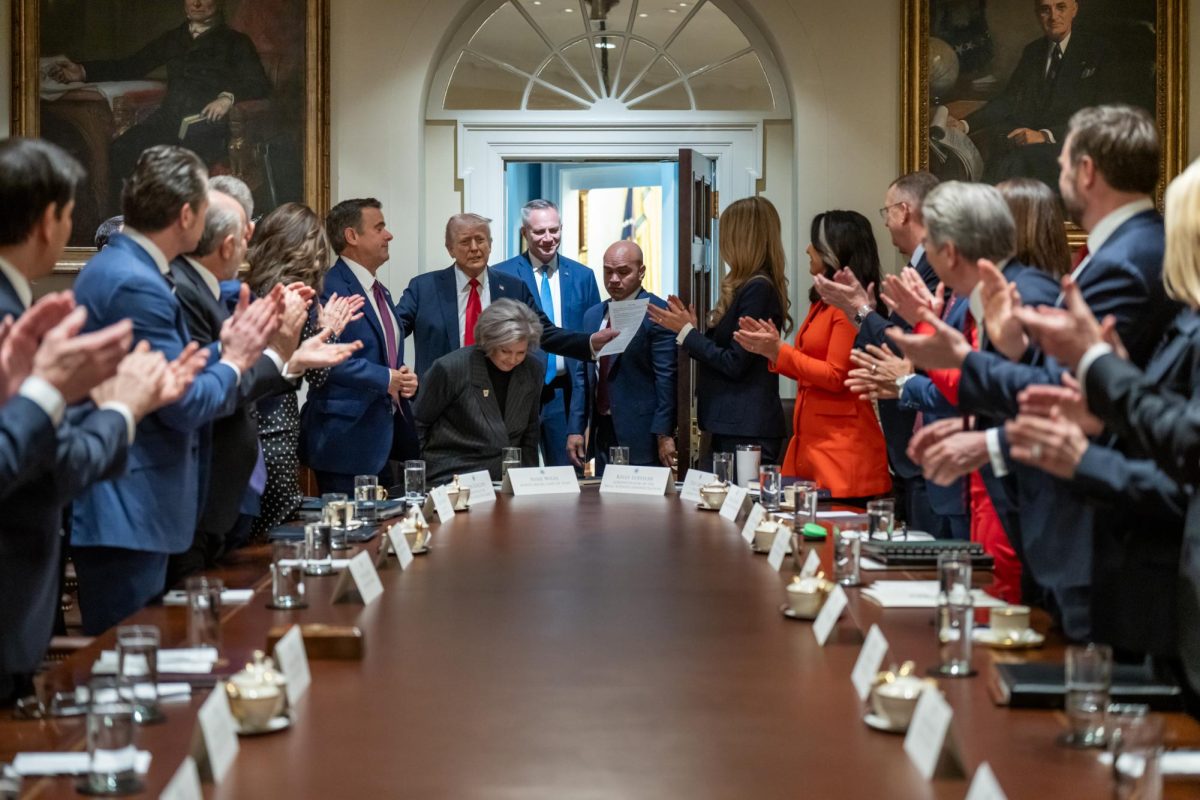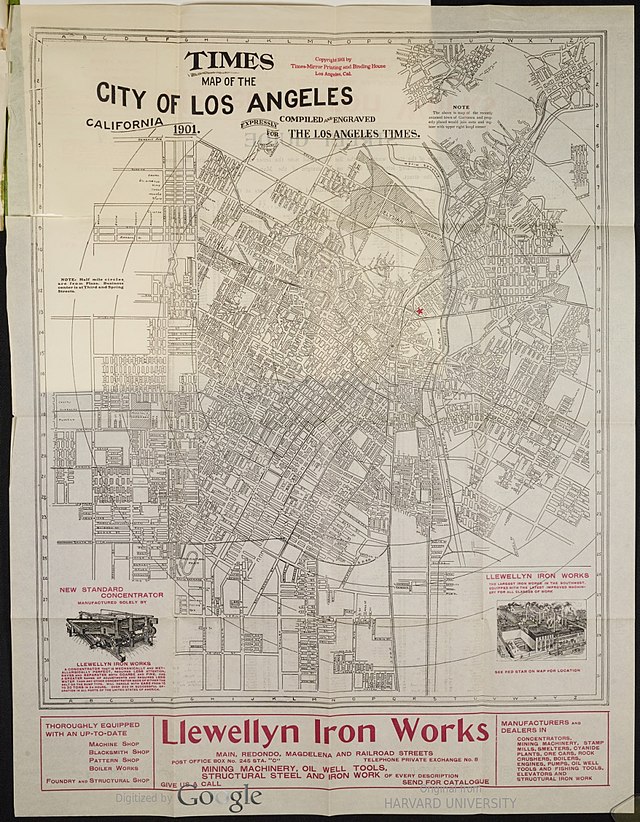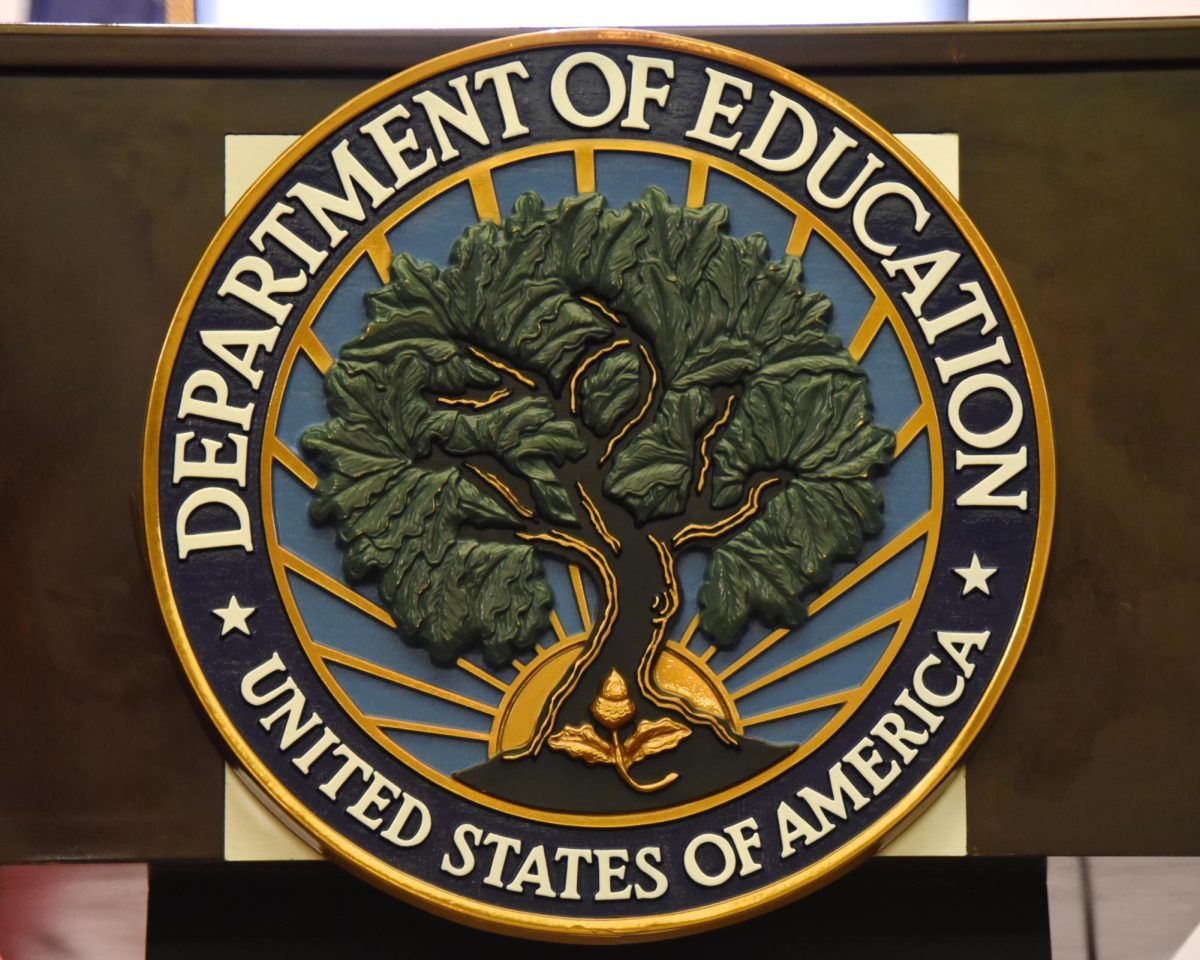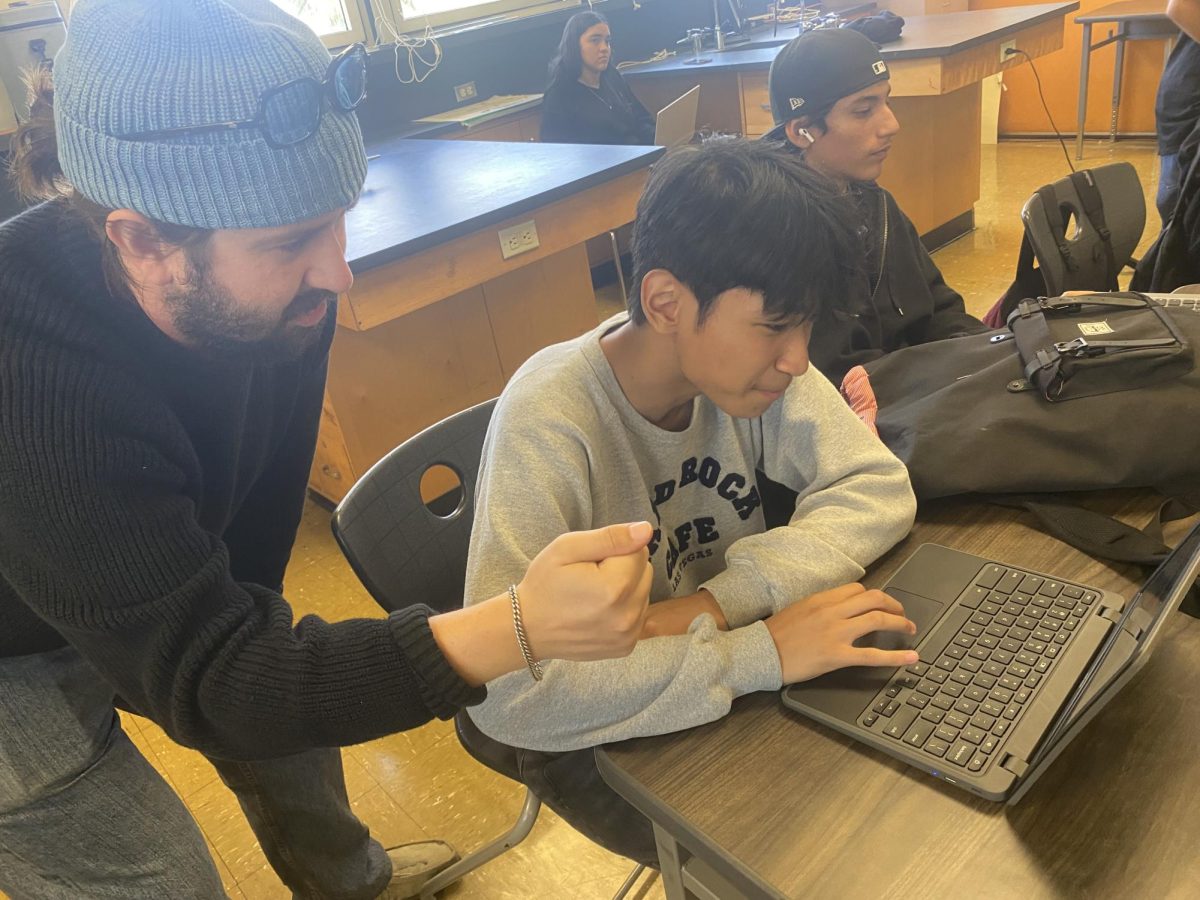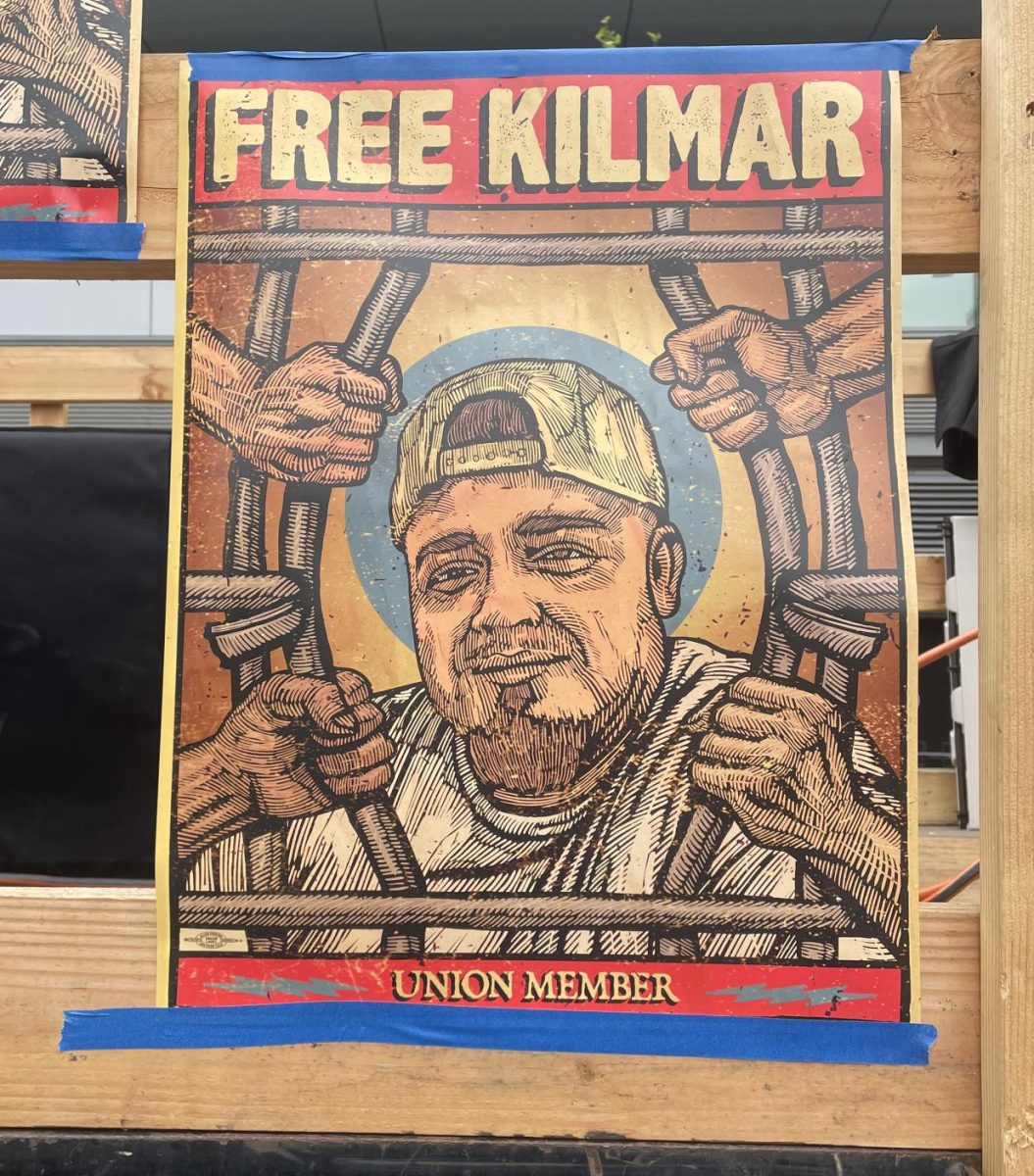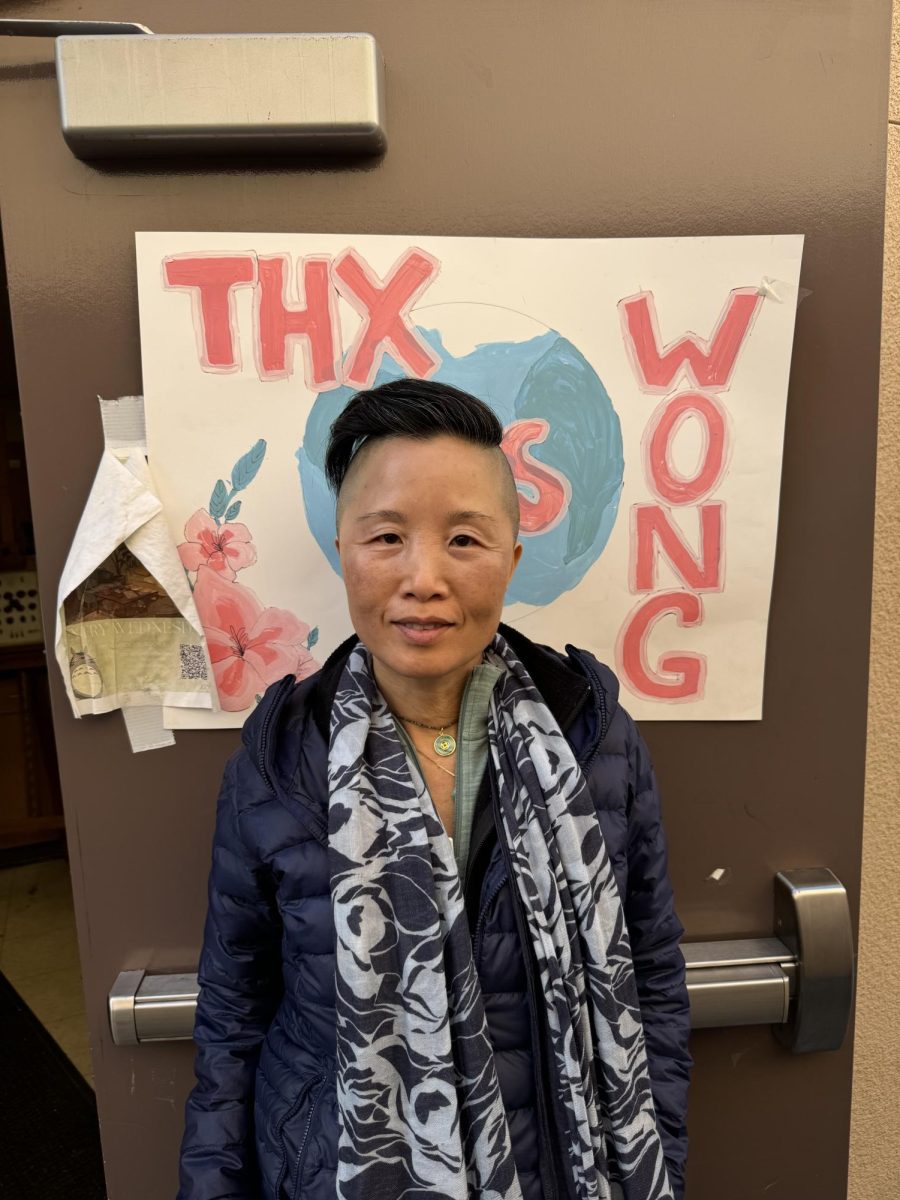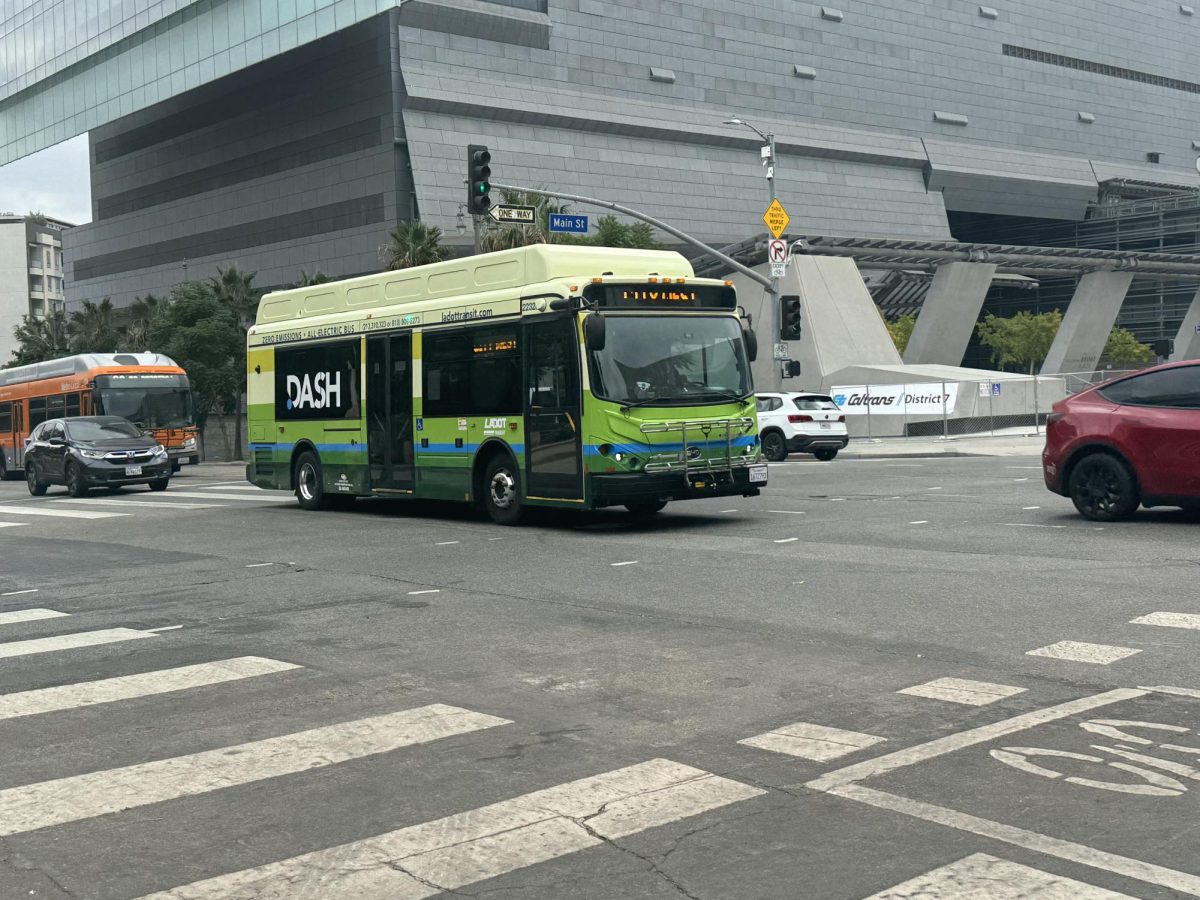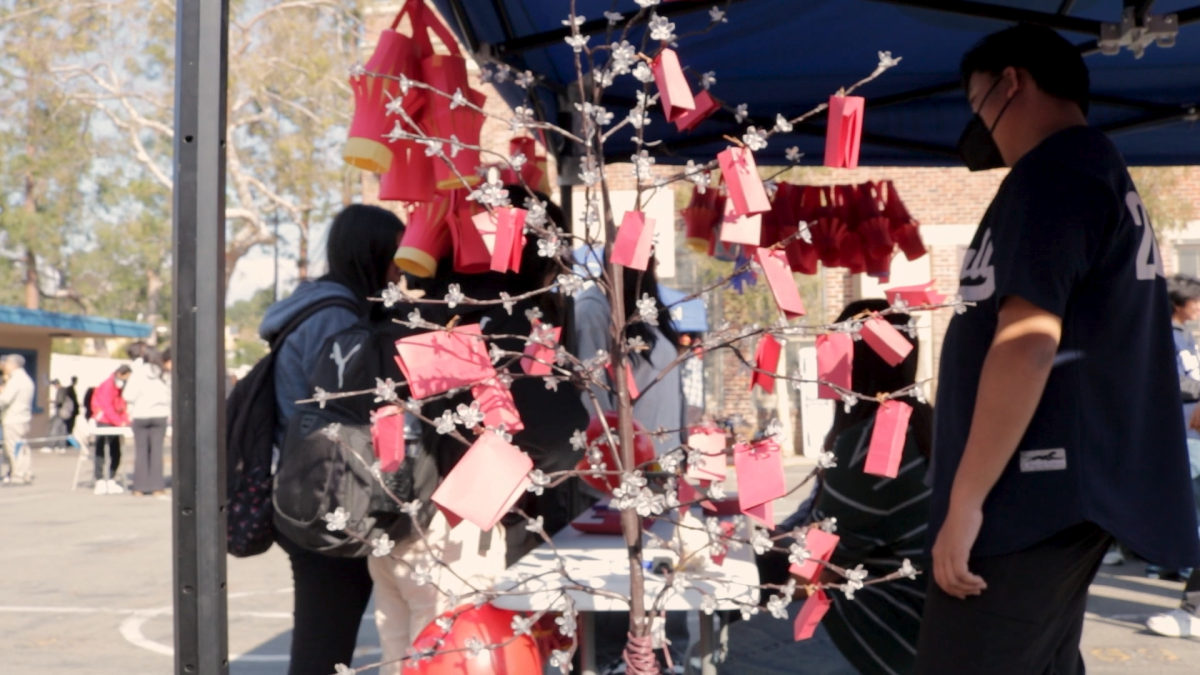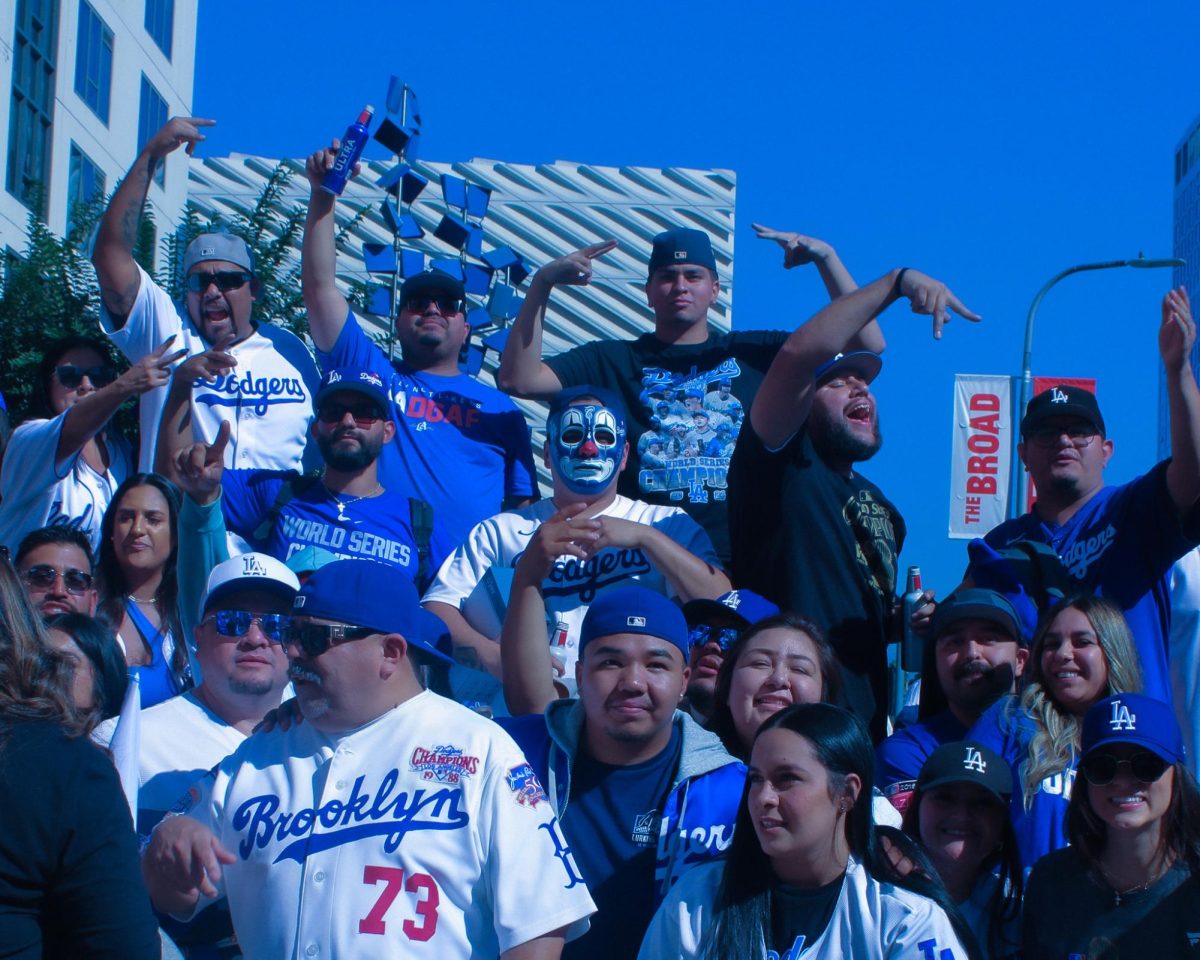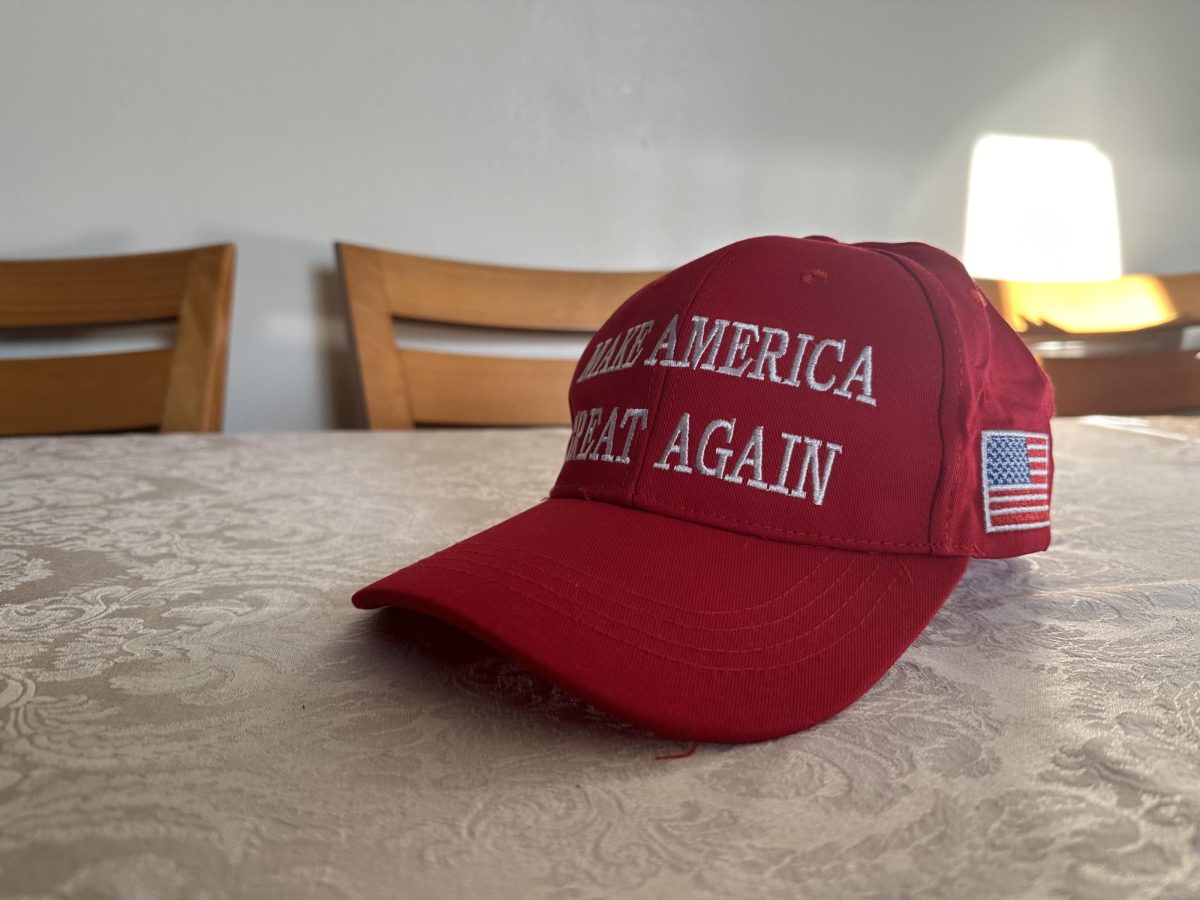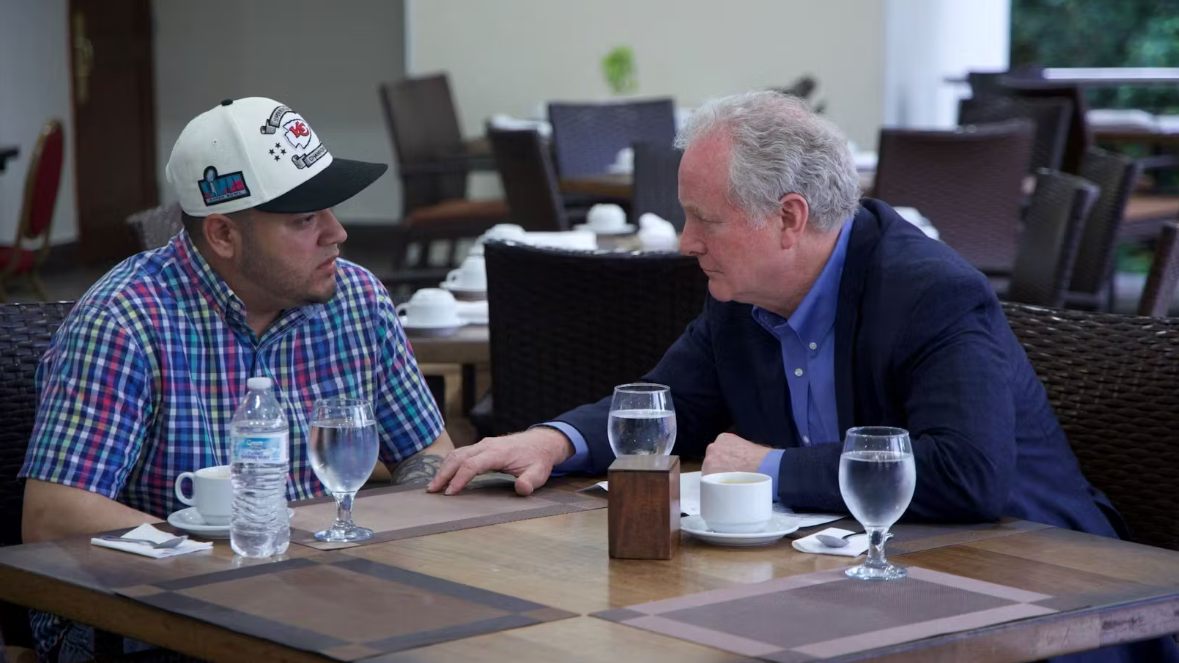Throughout the recent 2024 presidential campaign, politicians on both sides of the aisle used the word “tariff” in both a positive and negative light.
Some say that tariffs are bad as they increase the cost of goods and services because importing goods from other countries costs more and may result in a trade war between countries. Others view them as a positive, such as President-elect Donald Trump, who, according to the Associated Press, asserts that tariffs “will create more factory jobs, shrink the federal deficit, lower food prices and allow the government to subsidize childcare”
But who is ultimately correct, and what do tariffs do in the first place? I asked an AP Government/Honors Economics teacher, Mr. Jose Salas, for answers.
Michael Goi: What are tariffs?
Jose Salas: Tariffs are like taxes in way. It can be used to have businesses who try to sell things to our country’s business/consumers pay an extra fee for selling in our country. It can also be used to protect our country’s businesses/consumers from outside products that might be subpar or harmful. Some countries do not have the same level of standards when it comes to materials, production and assembly, making what we consume from other countries potentially dangerous.
MG: How do tariffs affect students and the economy as a whole?
JS: Well the biggest side effect for us here is the most direct. When our country charges extra fees to ship or sell stuff here, they will raise the prices on the consumers. Sooo…higher tariffs usually means we pay more for those said products.
MG: What are the positive and negative aspects of tariffs?
JS: Positives: We encourage domestic production, if that is what happens. We also will get “better” quality products because international companies might assess which items to sell to us now. Yea, that’s all I can think of. Negatives: Eesh…well we pay more for stuff, it does have a ripple effect on international affairs, it puts a spin on how we consume items in our country (we might have some infrastructure changes in supply chain), yea we pay more for stuff that probably will be tried to make cheaper to fit business goals.
MG: How should the government minimize the negative effects of tariffs?
JS: HAVE A PLAN!!! Wildly saying and doing isn’t it. I hope that if the powers that be want the goal to be a more “Made in the USA” vibe but we have to have the infrastructure in place to handle all of that. Maybe making a government video of how tariffs work would be nice.
MG: What is a trade war?
JS: Well it’s pretty simple I think. I don’t know if it will happen but for sure it’s what I would do if i was a country, let’s say China. China might also raise some tariffs or change some trade agreements because of what the US is doing on their end. I see it this way. If you are changing the rules of a game we’ve been playing for a while and only you will benefit from it, then you best believe I am going to change some rules too. Nothing personal, just business.
MG: Could tariffs cause a trade war? What would happen in a trade war?
JS: 100% I feel it can happen. Just my opinion but I don’t think a country like China would be affected too much. I believe the last time Trump did this China countered by lowering the value of their currency and then just selling more to other countries that needed their products more than the US demanded. I feel like that is what would happen again…so who makes out worse? Is it the US economy? Is it China? Or is it the American consumer? I think you know the answer to that.

